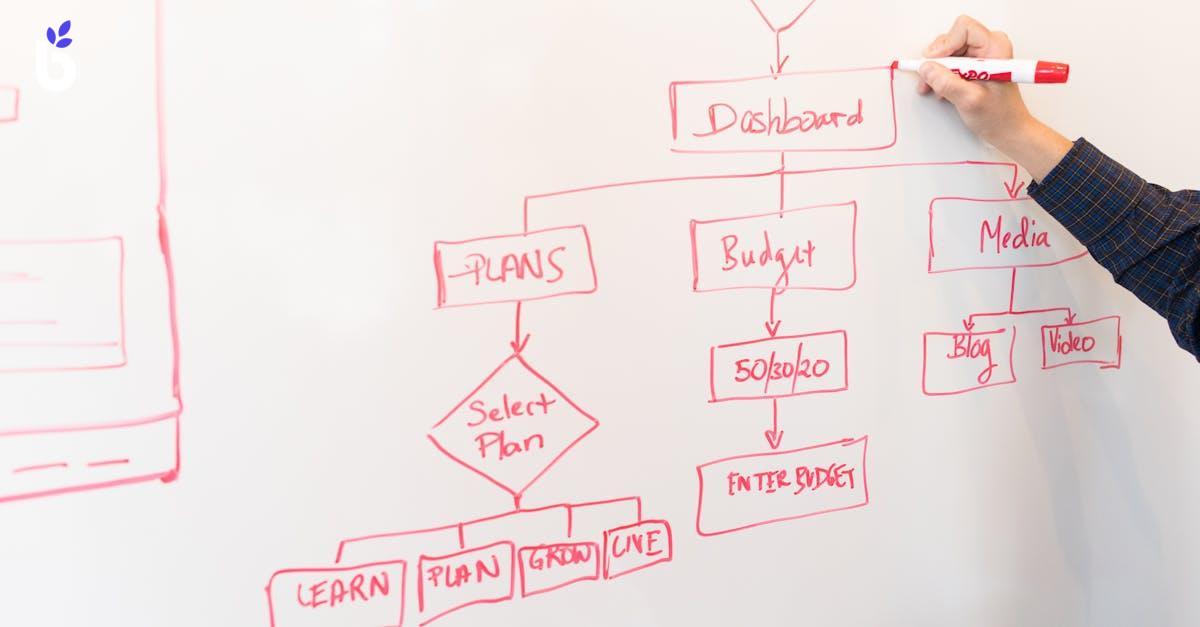WHAT IS THE PROJECT BUDGET?

What is a Project Budget?
A project budget is a comprehensive financial plan that outlines the estimated expenses for a project or program. This essential document guides a business in managing its finances effectively, ensuring that it stays within its overall spending limits while working towards project completion.
How is a Project Budget Calculated?
Calculating a project budget involves identifying all necessary resources and their associated costs. This encompasses both direct costs, such as materials and labor, and indirect costs, including overhead and administration fees that may accumulate throughout the project's lifecycle. An accurate calculation is crucial, as it sets the foundation for financial management during the project.
Benefits of Project Budget
Implementing a project budget brings numerous advantages, empowering organizations to manage their resources smartly. Here are some key benefits:
- Provides Clarity and Focus: A well-structured budget offers a clear view of expected expenses, enabling businesses to manage resources more effectively and prioritize essential tasks.
- Adds Value: Monitoring spending against the budget allows businesses to ensure better returns on their investments and utilize resources strategically.
- Helps Avoid Over Budgeting: A project budget establishes a baseline for expenditure, assisting owners in planning their budgets more accurately to prevent overspending.
- Keeps Projects on Track: With precise expense forecasting, organizations can monitor progress and avoid going beyond their budget limits.
“A budget is more than just a set of numbers on a page; it is an essential tool for strategic decision-making.”
Components of a Project Budget
A typical project budget comprises four main components:
- Personnel Costs: This includes all expenses related to hiring and compensating staff involved in the project, such as salaries, benefits, and overhead.
- Materials: Costs connected to the acquisition of materials, equipment, and parts necessary for project completion are documented here.
- Overhead: This section captures all indirect costs related to the project, including infrastructure, equipment rental, and technological needs.
- Contingency Costs: Allocating funds for unforeseen circumstances or issues that may arise during the project's execution is crucial, ensuring that the project remains on schedule despite unexpected challenges.
FAQs
Can project budgets change during execution?
Yes, project budgets are dynamic and can be adjusted as necessary. If unexpected costs arise or there are fluctuations in material prices, it is essential to revisit and revise the budget to accommodate these changes.
How do you handle unexpected expenses within the budget?
Maintaining a contingency fund is best practice for managing unforeseen expenses. Proper planning and documentation of these costs can significantly mitigate their impact on the overall project.
Can a well-prepared budget contribute to project success?
Absolutely. A carefully crafted budget is a vital component of successful project execution. Projects that adhere to their budgets are often completed more efficiently, allowing for savings that can be reinvested or enhance overall profitability. Furthermore, effective budgeting ensures optimal allocation of resources throughout the project duration.
Tip
Developing and managing budgets proactively allows organizations to allocate resources effectively and increase the likelihood of project success.
By understanding the fundamentals of project budgeting, stakeholders can enhance their ability to execute successful projects while maintaining stringent financial controls.
Take control of your business today
Explore BizCRM App and start your journey towards business success.
